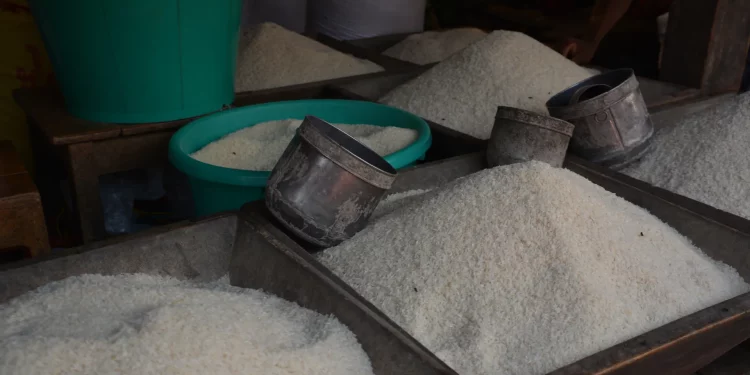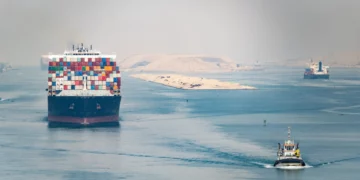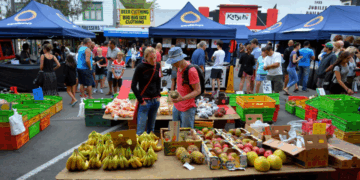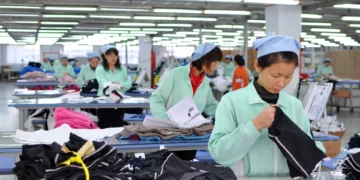India is the world’s biggest exporter of rice and accounted for nearly 40 percent of global rice exports in 2022
India imposed a rice export ban on July 20 on non-basmati white rice, three days after Russia pulled out of the black-sea grain deal. This was followed by a ban on the export of broken rice, which was announced in September last year. The reasons for the rice ban were purely domestic- sky-high inflation, increasing food prices, and fear of rice shortages due to El Nino to point out a few. The ban’s impact is becoming more severe and is affecting globally, with prices increasing.
India’s involvement in the international rice market.
India is the world’s biggest exporter of rice and accounts for nearly 40 percent of global rice exports in 2022. The country exports 22 million tonnes which is worth $9.66 billion to 140 countries. In the current scenario, India exports basmati and parboiled rice, meeting its international commitments halfway. The prices have increased by 25 percent since the ban. With the price increase, the poor are hard hit especially in countries like Nepal and Bangladesh. They depend mainly on India’s white rice.
The Russia-Ukraine war had already shot up grain prices and it has increased further since Russia exited from the Black Sea Grain Initiative. This initiative would have allowed the grain from Ukraine to reach the world markets. Along with India, the possibility of a rice ban from countries like Pakistan, Thailand, and Vietnam, which together contribute to 30 percent of global rice sales, if their crop production gets hurt by El Nino. The shortage of rice will have a spillover impact on wheat, maize, soya bean, and corn, mainly because they are used as rice substitutes. This would lead to creating a domino effect on the demand and prices of food and fuel.
What is the reason for India’s ban on rice exports?
India produces around 135 million tonnes of rice annually which is more than enough to meet the domestic demands of nearly 105 million tonnes. Samarendu Mohanty, the Asia regional director at the International Potato Center and previous principal scientist at the International Rice Research Institute (IRRI) in the Philippines mentions that the country has enough buffer stock.
“We have around 41 million tonnes of rice in [government] warehouses. We don’t have any shortage”. Samarendu Mohanty also warns that the domestic price along with other food prices is also rising. Rice prices are more than 10 percent high in India in the light of the Russia-Ukraine war, reports Al Jazeera. The latest export ban was introduced to cool down domestic prices as a precautionary measure. A plan to offload 2.5 million tonnes of rice in the open market to control the prices is being made by the Indian government.
El Nino and its effect on the global production
Rice from Asia accounts for almost 90 percent of the global production and when we look at El Nino as a leading factor, paddy production is especially vulnerable. El Nino is a climate pattern that is caused by the warming of surface waters in the eastern Pacific Ocean, causing droughts and heavy rainfalls.
Raghu Murtugudde, earth system scientist and emeritus professor with the University of Maryland and Indian Institute of Technology Bombay stated that India gets affected by El Nino 60 percent of the time but places like Indonesia get affected by this 100 percent of the time. Apart from El Nino, extreme climate changes due to global warming are also affecting crop production. Murtugudde mentions that the whole country is on a monsoon break and El Nino tends to extend these breaks. “We have to see if El Nino creates a long break this August, in which case it’ll create serious deficits in rainfall,” said Murtugudde.
Now India is expecting a normal crop of 135 million tonnes, but the months of August and September are crucial in terms of rainfall for paddy. The crops in Pakistan this year were damaged due to massive floods. All of this adds concern to the rice-producing and exporting countries. The countries have also begun to make stockpiles to use in case of shortages.

















